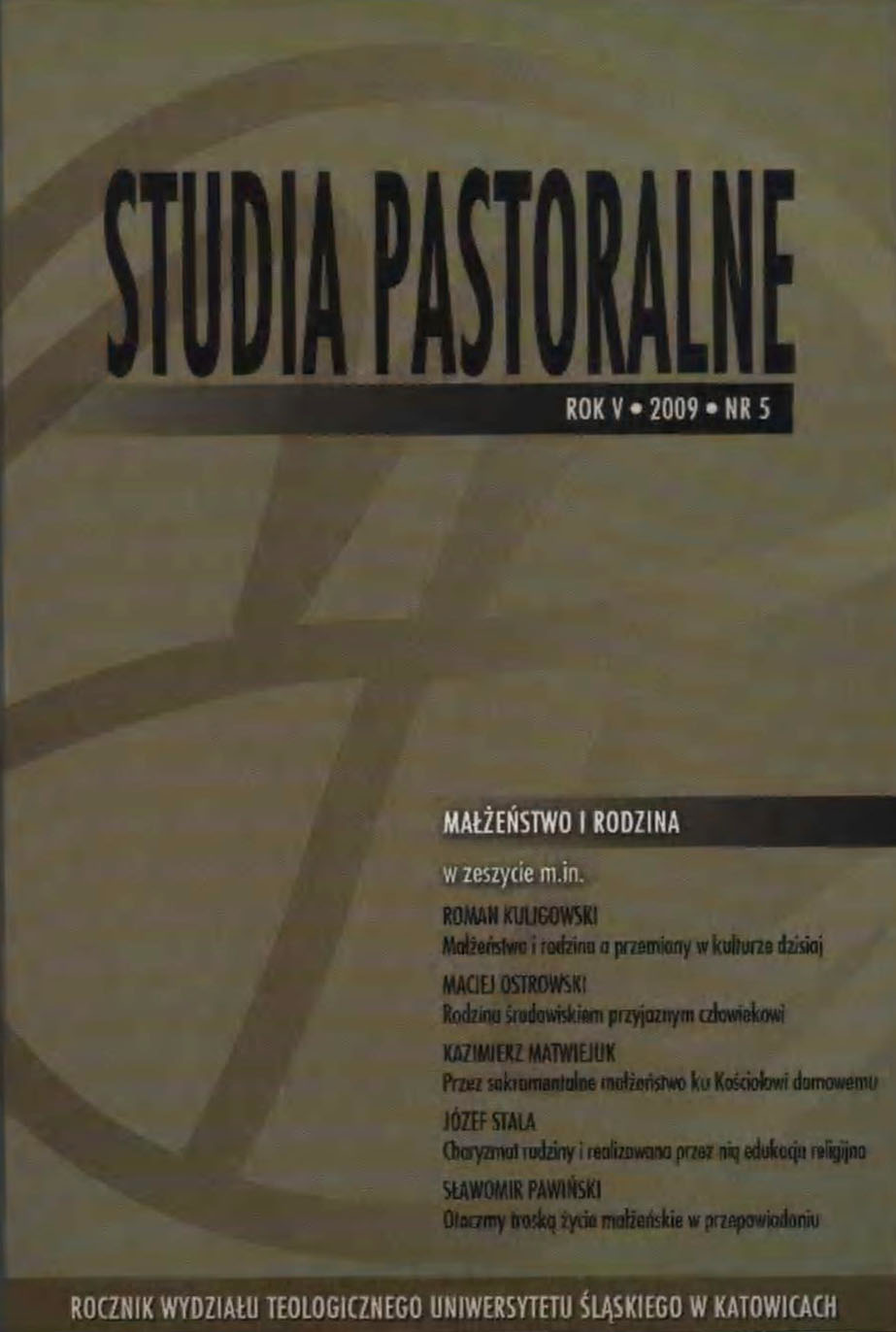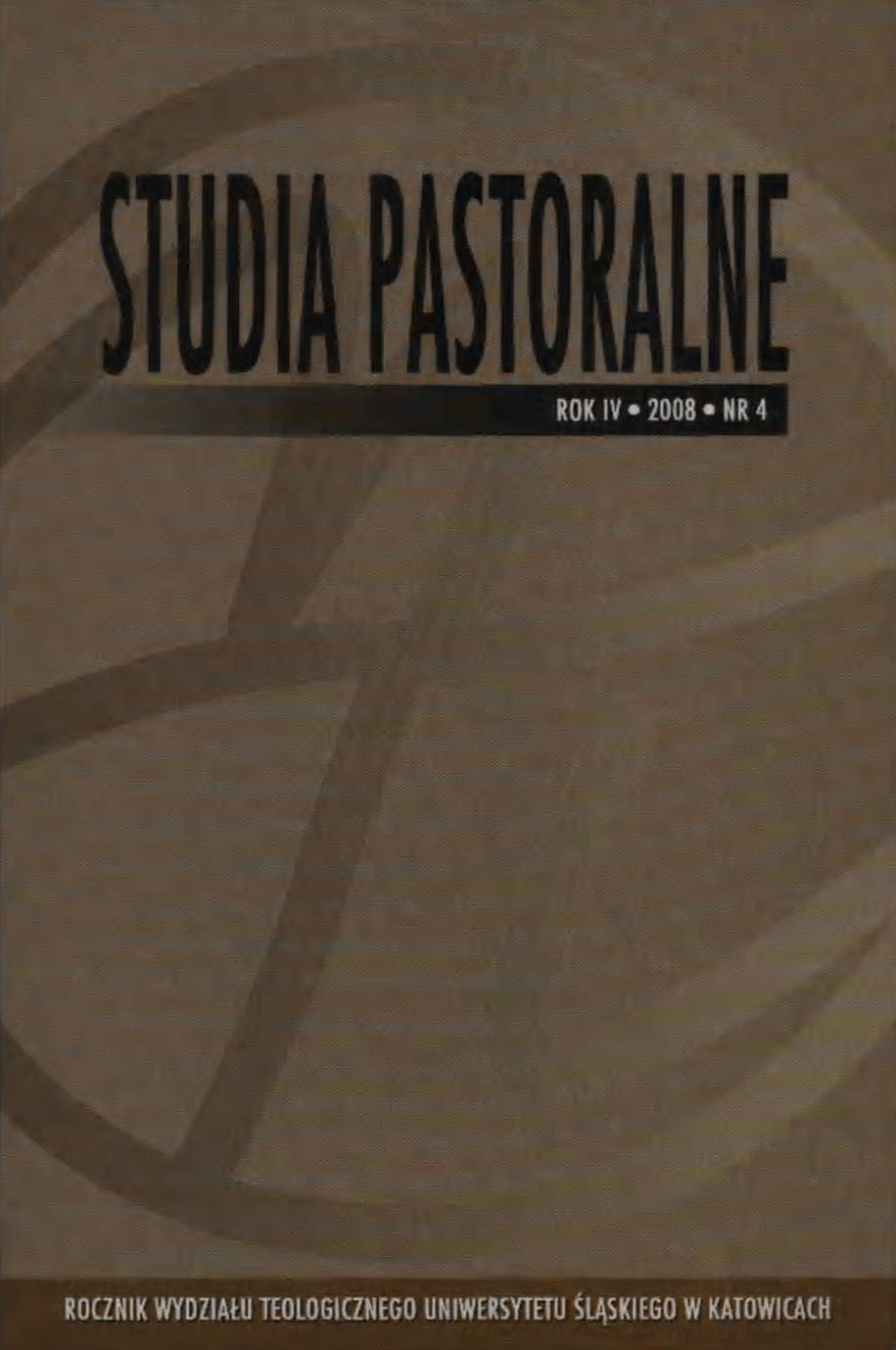
Małżeństwo i rodzina a przemiany w kulturze dzisiaj
Der heutige Mensch, der die christliche Ehe- und Familienberufung verwirklicht, steht vor einer Wahl. Die Wandlungen, die sich in der Kultur vollzogen haben, zwingen, damit der Mensch Werte auswählt. Die traditionelle Kultur bietet das Modell der Ehe und der Familie an, das nicht von allen in der christlichen Welt Großgezogen akzeptiert wird. In der heutigen Kultur hat Bedeutung anderes Wertesystem. Es bieten Anti-Werte an als Alternative zu der christlichen Moral. Die Kämpfe um das christliche Modell des Lebens heißen Kultur des Lebens, in die konträren Anstrengungen Kultur des Todes.Die jungen Menschen müssen – wollend, nicht wollend – eine Wahl vollbringen. Die Kirche steht vor einer Herausforderung, wie den jungen Leuten helfen, so dass sie – in der Welt der Kultur des Lebens und der Kultur des Todes lebend – die richtige Wahl vollbringen.
More...
